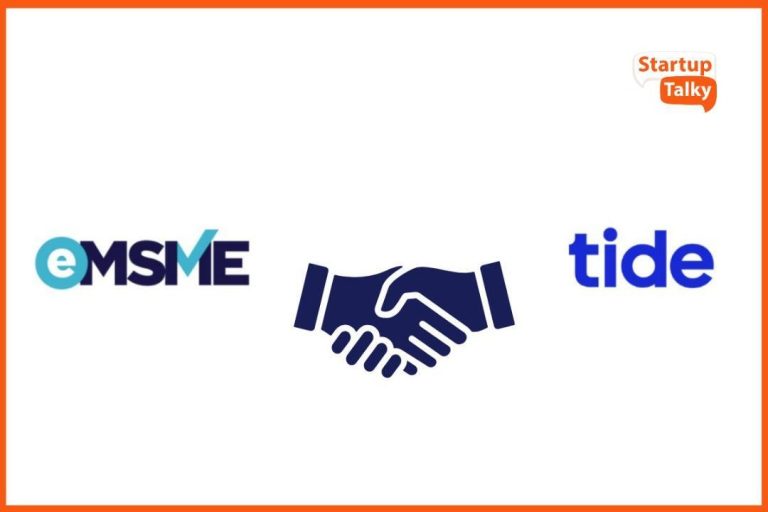
EQ, IQ & GQ, all important in business: Aman Gupta on BluSmart crisis
In today’s fast-paced and competitive business world, entrepreneurs and entrepreneurs-at-heart are constantly striving to stay ahead of the curve. However, even the most successful ventures can face unforeseen challenges and crises. Recently, BluSmart, a well-known electric vehicle (EV) charging company, found itself in the midst of a crisis, prompting its co-founder, Aman Gupta, to take to social media to share his thoughts on the situation.
In a candid post, Gupta acknowledged the difficulties faced by BluSmart, stating, “The BluSmart situation is tough…But also a reality check for all of us in the ecosystem.” He went on to emphasize the importance of compliance and ethics in business, saying, “For all founders, here’s the biggest takeaway: Compliance and ethics aren’t boxes to tick…They’re the foundation.”
Gupta’s words of wisdom didn’t stop there. He also highlighted the importance of Emotional Intelligence (EQ), Intelligence Quotient (IQ), and Governance Quotient (GQ) in business. By EQ, he referred to the ability to understand and manage one’s emotions, as well as those of others. IQ, on the other hand, is the traditional measure of intelligence, encompassing verbal comprehension, visual-spatial skills, and working memory. GQ, a less well-known concept, pertains to an individual’s capacity for effective governance and leadership.
So, why are these three quotients so crucial in business?
Emotional Intelligence (EQ)
In the fast-paced and often high-pressure world of business, EQ is more important than ever. A leader with high EQ is better equipped to manage stress, build strong relationships, and make informed decisions. EQ is essential for effective communication, conflict resolution, and empathy. Moreover, a leader with high EQ is more likely to be aware of their own emotions and biases, and thus, make more rational decisions.
BluSmart’s crisis offers a stark reminder of the importance of EQ in business. In times of crisis, emotions can run high, and it’s the leader’s job to maintain a level head and make tough decisions. Gupta’s ability to acknowledge the difficulties faced by BluSmart and offer words of wisdom to his followers is a testament to his high EQ.
Intelligence Quotient (IQ)
IQ is a well-established measure of cognitive ability, and in business, it is essential for problem-solving, strategic thinking, and decision-making. A leader with high IQ is better equipped to analyze complex data, identify patterns, and develop innovative solutions. IQ is also important for learning and adaptation, as it enables individuals to absorb new information and adjust to changing circumstances.
Gupta’s success as a entrepreneur and business leader is a testament to his high IQ. His ability to identify opportunities, build strong teams, and drive growth is a result of his analytical mind and problem-solving skills.
Governance Quotient (GQ)
GQ is a relatively new concept, but it is gaining importance in the business world. It refers to an individual’s ability to govern themselves, their team, and their organization effectively. GQ encompasses skills such as strategic thinking, risk management, and decision-making, as well as a deep understanding of governance principles and practices.
Gupta’s emphasis on GQ is particularly relevant in the context of BluSmart’s crisis. Effective governance is essential for navigating challenging situations, and a leader with high GQ is better equipped to make tough decisions, manage risk, and ensure compliance with regulations.
Conclusion
Aman Gupta’s words of wisdom on the BluSmart crisis serve as a reminder of the importance of EQ, IQ, and GQ in business. While IQ provides the intellectual foundation for success, EQ enables leaders to navigate the emotional complexities of business, and GQ provides the framework for effective governance and leadership.
As entrepreneurs and business leaders, it is essential to recognize the importance of these three quotients and strive to develop them. By doing so, we can build stronger, more resilient organizations that are better equipped to navigate the challenges of the business world.






